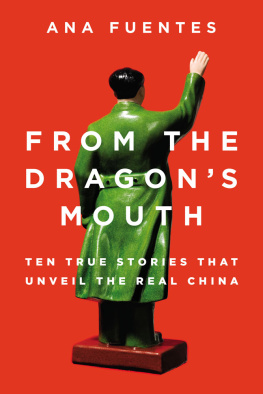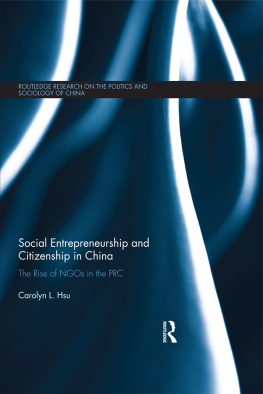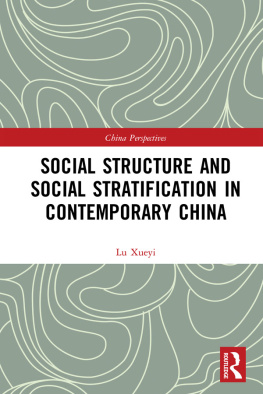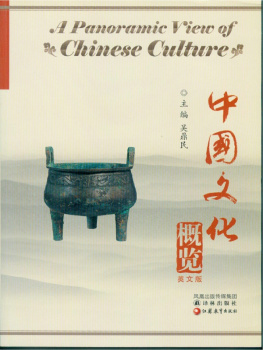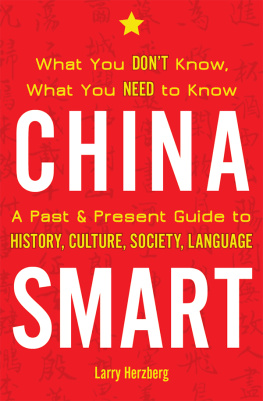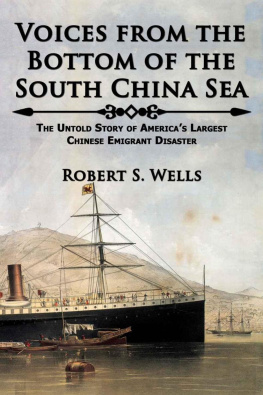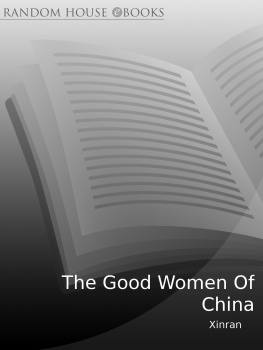C. A. PRESS
FROM THE DRAGONS MOUTH
Ana Fuentes (b. 1980, Madrid) has degrees in Information Sciences from the Complutense University in Madrid and the Sorbonne in Paris, and a Masters in Journalism from the daily newspaper El Pais. Ms. Fuentes lived in Beijing from 2007 until 2011, where she worked as a correspondent for Cadena SER, Spains premier radio network, and produced her own segments on Chinese society for the French BFM radio network. Her stories have been broadcast on three continents, on Radio France Internationale, France Presse, CNN en espaol and Radio Netherlands Latin America. Ms. Fuentes lives in New York, where she reports for several international media outlets.
FROM THE
DRAGONS
MOUTH
10 True Stories That Unveil
the Real China
Ana Fuentes
C. A. PRESS
Penguin Group (USA)
C. A. PRESS
Published by the Penguin Group
Penguin Group (USA) Inc., 375 Hudson Street,
New York, New York 10014, USA
USA | Canada | UK | Ireland | Australia | New Zealand | India | South Africa | China
Penguin Books Ltd, Registered Offices: 80 Strand, London WC2R 0RL, England
For more information about the Penguin Group visit penguin.com
First published in Spanish under the title Cuando los chinos hablan by C.A. Press, a member of Penguin Group (USA) Inc., 2012
This English-language edition published 2013
Copyright Ana Fuentes, 2012
Translation copyright Ana Fuentes, 2013
All rights reserved. No part of this product may be reproduced, scanned, or distributed in any printed or electronic form without permission. Please do not participate in or encourage piracy of copyrighted materials in violation of the authors rights. Purchase only authorized editions.
Translation by Diane Stockwell
LIBRARY OF CONGRESS CATALOGING-IN-PUBLICATION DATA
Fuentes, Ana, 1980
From the dragons mouth : 10 true stories that unveil the real China / Ana Fuentes.
pages cm
Includes bibliographical references.
ISBN 978-0-698-13697-7
1. ChinaSocial conditions2000Anecdotes.
2. ChinaEconomic conditions2000Anecdotes. 3. ChineseAnecdotes.
4. Fuentes, Ana, 1980TravelChinaAnecdotes. I. Title.
HN733.5.F83 2013
306.0951dc23 2013004297
While the author has made every effort to provide accurate telephone numbers and Internet addresses at the time of publication, neither the publisher nor the author assumes any responsibility for errors or for changes that occur after publication. Further, publisher does not have any control over and does not assume any responsibility for author or third-party Web sites or their content.
Penguin is committed to publishing works of quality and integrity. In that spirit, we are proud to offer this book to our readers; however, the story, the experiences, and the words are the authors alone.
For Mario,
whos not afraid of anything
and makes me so happy.
Introduction
A few months after I arrived in Beijing, in the fall of 2007, I was invited to attend a concert at the National Theater. I was running late and hailed a taxi. When I opened the door and got into the car, an overwhelming odor of sour sweat hit me, so pungent it turned my stomach. I figured it must have been several days since the driver had last showered. When we stopped at the first red light, I was stunned when the driver, clearly uncomfortable, turned around to say, Miss, open your window because it stinks in here. What perfume are you wearing? Its unbearable.
This striking level of candor so typical of the Chinese people fascinated me from the start. At the time, the impression I had of them could be summed up in four or five common characteristics: self-sacrificing, tireless, capable of overcoming any adversity, and often lacking in empathy. I knew that in recent years Chinas economy had taken off at an astounding pace, and that the country had been traumatized by foreign colonialism, the famines of the Great Leap Forward, and the atrocities committed under the Cultural Revolution. They were busily preparing for their great debut on the world stage with the 2008 Olympic Games, but at the same time their government censured the Internet, punished activists, and tolerated alarmingly high levels of corruption.
But, who were the Chinese? Were they really so self-sacrificing? Were they promiscuous? Were they interested in what was going on in the rest of the world?
Over the next three years, I observed China from dozens of different angles. I traveled to Xinjiang to cover the most violent ethnic uprisings to occur over the past several decades. I watched young people make themselves over into rock stars, and saw old people get down on their knees in front of courthouses; demanding justice after their homes had been demolished. I attended the Olympics in Beijing, charged with polemics and patriotic pride.
In this climate Weibo, the local equivalent of Twitter, was launched, revolutionizing the Web. The West was now interested in China, regardless of whether some catastrophe claiming thousands of lives had just occurred there or not. International correspondents talked about the yuans fluctuations, techno festivals, scandalous levels of air pollution, and the repression of dissidents. I interviewed hundreds of people from all rungs of the socioeconomic ladder, who gave me the keys to better understanding where China was coming from, and where it was heading. I made some wonderful friendships, and witnessed repulsive injustices. Many stereotypes I had held before were shattered.
But space in the media outlets I was working for was limited. Too many fascinating stories never saw the light of day. I chose the ten personal stories that made the strongest impact on me, to unlock the country that is still such a mystery for so many Westerners. That is how From the Dragons Mouth was born.
In the first chapter, Rich Kids, we go inside the world of the fu er dai, the second generation of millionaire Chinese. Tim and Xiao Chen are daddys boys who zip through the streets of Beijing in their Ferrari. Their families, closely connected to the highest circles of government, have mapped out the road to success for them. They dont have regular jobs, instead spending their time investing their money. It was quite something to see them in their element at the most exclusive nightclubs in the capital, surrounded by the colorful personalities of their privileged social set.
In Kidnapped by His Own Government I speak with the lawyer and activist Jiang Tianyong, one of the very few civil rights experts in China. In February 2012, coinciding with the Arab Spring uprisings, he was detained and tortured for two months by agents of the Ministry of Security. The lawyer reveals in detail what goes through the mind of a dissident, the moment he decided to cross the line, and why he would rather risk his life instead of retiring comfortably at a state-owned company.
For the protagonist of Chapter Three,

